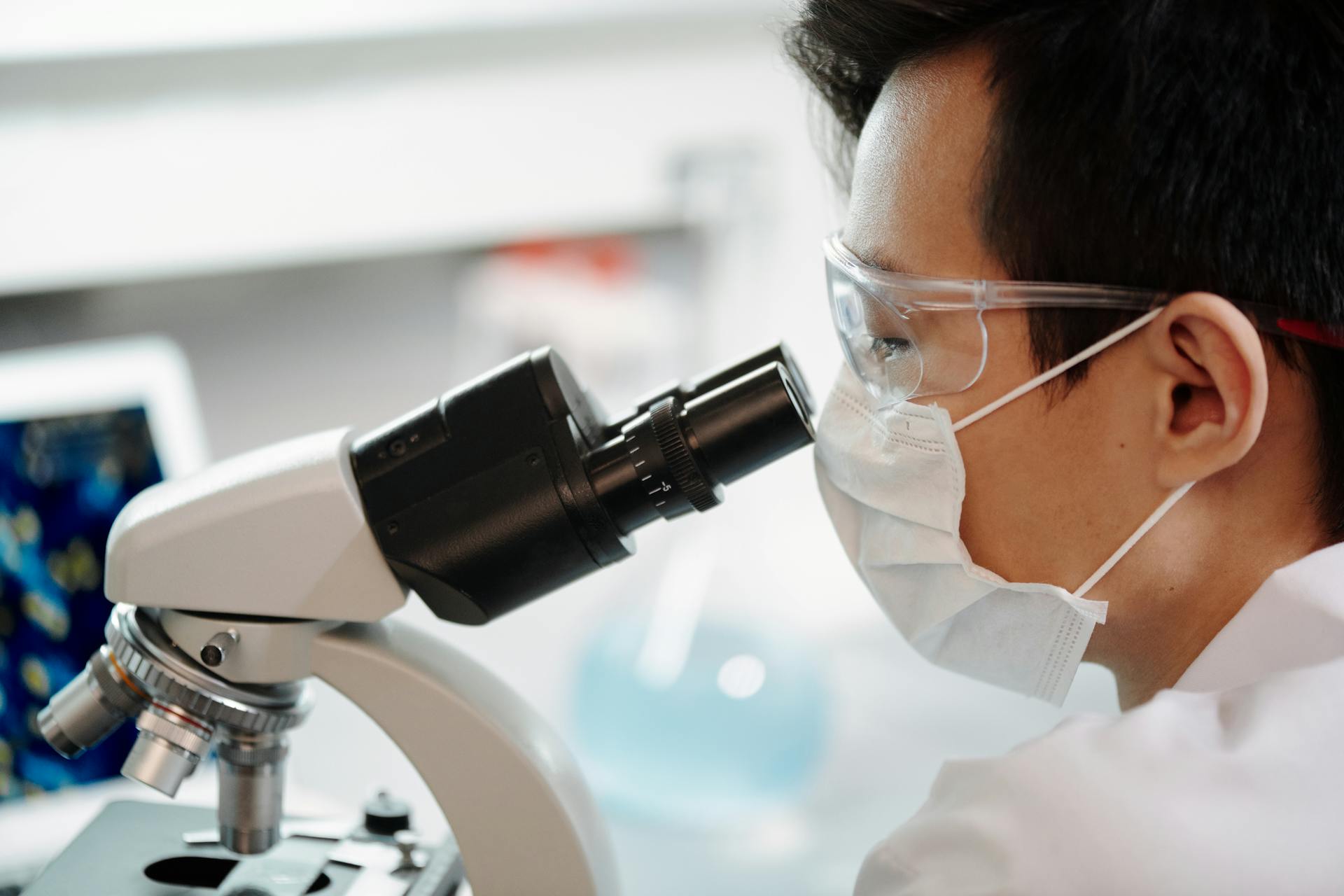
Methicillin-resistant Staphylococcus aureus (MRSA) is one of the most formidable superbugs known today, resistant to multiple antibiotics and posing a severe threat to public health.
The rise of MRSA has led researchers to explore alternative methods to fight this pathogen, particularly in wound care and infection control.
This article will delve into the nature of MRSA, its implications, and innovative research involving antimicrobial substances, specifically from the larvae of the black soldier fly (Hermetia illucens), which has shown promising results in the fight against MRSA.
What is MRSA?
Methicillin-Resistant Staphylococcus Aureus (MRSA) is a bacterium commonly found on the skin or in the noses of healthy individuals.
However, some strains, such as MRSA, have developed resistance to methicillin and other antibiotics, making infections difficult to treat.
MRSA infections can range from minor skin infections to more severe conditions, such as bloodstream infections or pneumonia, especially in immunocompromised individuals.
The emergence of MRSA is primarily due to the overuse and misuse of antibiotics, which has driven the bacteria to evolve and survive even in the presence of these drugs.
The Role of Maggot Therapy in Treating Wounds
Maggot therapy, using larvae from various fly species, has been historically successful in treating non-healing and infected wounds.
The larvae clean wounds by debriding necrotic tissue, reducing bacterial load, and promoting healing.
This therapy became less common with the advent of antibiotics but is now being revisited due to rising antibiotic resistance.
Research shows that the larvae secrete antimicrobial substances that not only cleanse wounds but also possess antibacterial properties, making them valuable in the fight against drug-resistant bacteria, including MRSA.
Antimicrobial Substances from Black Soldier Fly Larvae
The larvae of the black soldier fly (Hermetia illucens) are scavengers that thrive in harsh environments, where they are constantly exposed to pathogens.
This biological characteristic suggests that they produce antimicrobial peptides (AMPs) and other substances to survive.
Studies have demonstrated that black soldier fly larvae can secrete compounds that exhibit broad-spectrum antibacterial activity against both Gram-positive and Gram-negative bacteria, including MRSA.
In a study focusing on MRSA, black soldier fly larvae were subjected to septic injury to induce an immune response.
The larvae were then processed, and extracts were analyzed for antimicrobial activity. The research confirmed that the extracts contained potent substances capable of inhibiting the growth of MRSA.
These findings open new possibilities for developing novel antibiotics derived from insect sources, which could provide a much-needed solution in the fight against antibiotic-resistant pathogens.
How the Extracts Work Against MRSA
The antimicrobial substances in the black soldier fly larvae’s extracts were found to have significant activity against MRSA.
The extraction process involved using acidic methanol, which is effective in isolating small, potent compounds.
The study found that these substances inhibited the growth of MRSA through mechanisms that likely involve disrupting the bacterial cell membrane or interfering with essential bacterial processes.
Interestingly, the antibacterial activity of the larvae was significantly enhanced when their immune systems were activated, indicating that induced immune responses can improve the production of antimicrobial substances.
In laboratory tests, the extracts displayed strong activity against MRSA and other pathogens, with minimal inhibitory concentrations (MICs) indicating their effectiveness at low doses.
The study also demonstrated that the extracts were more effective against MRSA than other common bacteria, which is promising for the development of targeted treatments.
Applications in Wound Care
The findings from the study suggest that the black soldier fly larvae could be used in the development of topical treatments for infected wounds, particularly those caused by MRSA.
Such treatments could complement existing therapies, offering a natural and effective solution to infection control.
Moreover, these extracts could be formulated into ointments, dressings, or sprays for use in hospitals, clinics, and even home care settings.
Real-World Examples of MRSA Control
Several hospitals and healthcare facilities have begun to implement alternative methods, including the use of maggot therapy, to treat MRSA infections.
In one case study, a patient with a chronic wound that failed to heal with conventional treatments experienced significant improvement after maggot therapy, which helped reduce bacterial load, including MRSA.
This real-world example underscores the potential of using antimicrobial substances from natural sources, such as black soldier fly larvae, in conjunction with traditional methods to combat infections effectively.
The Future of Antimicrobial Research
As antibiotic resistance continues to rise, the search for alternative antimicrobial agents becomes more critical.
The study of insects, particularly the black soldier fly, offers a promising avenue for discovering new compounds that could be used to treat resistant infections.
Further research is needed to isolate and characterize these substances fully, but the initial results are encouraging.
With continued development, antimicrobial substances from black soldier fly larvae could become a crucial tool in the global fight against MRSA and other superbugs.
FAQ
- What is MRSA? MRSA is a type of Staphylococcus aureus bacterium that has developed resistance to methicillin and other antibiotics, making it difficult to treat.
- How is MRSA treated? MRSA infections are treated with alternative antibiotics and, in some cases, with advanced wound care techniques like maggot therapy.
- What is maggot therapy? Maggot therapy involves using fly larvae to clean wounds by removing dead tissue and reducing bacterial load. It has shown effectiveness in treating MRSA infections.
- How can black soldier fly larvae help fight MRSA? Black soldier fly larvae produce antimicrobial substances that can inhibit the growth of MRSA and other bacteria, making them a potential source of new antibiotics.
Key Takeaways
- MRSA is a significant public health challenge due to its resistance to antibiotics.
- Maggot therapy is an alternative treatment that has been effective in wound care, particularly for MRSA infections.
- Black soldier fly larvae produce antimicrobial substances that exhibit strong activity against MRSA.
- Further research on black soldier fly larvae could lead to the development of novel treatments for antibiotic-resistant infections.
- Natural antimicrobial substances may offer solutions in the fight against superbugs like MRSA.